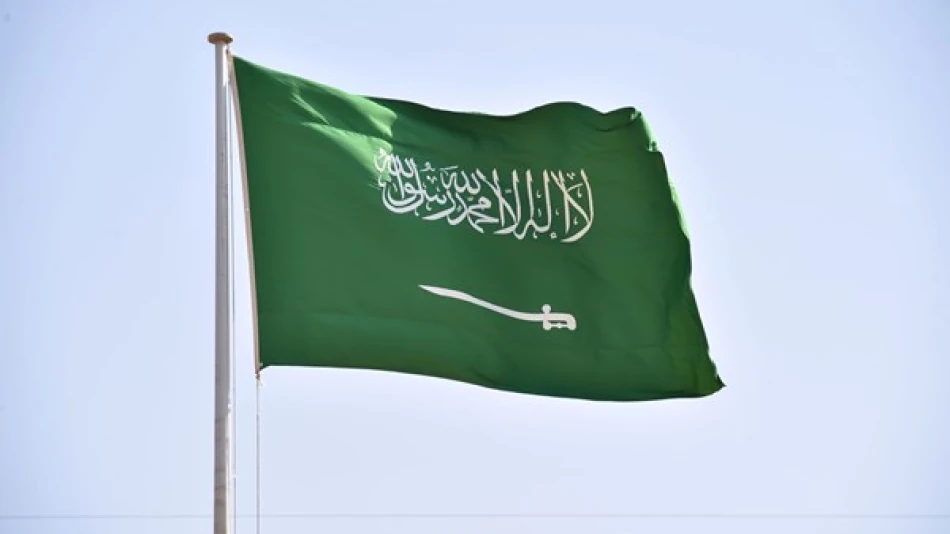
Saudi Arabia Condemns and Denounces Israel's Violation of Qatar's Sovereignty
Saudi Arabia Condemns Israeli Attack on Qatar, Escalating Regional Tensions
Saudi Arabia has issued a strong condemnation of what it describes as an Israeli attack on Qatar's sovereignty, marking a significant diplomatic escalation that could reshape Middle Eastern alliances and complicate Israel's regional security calculations. The kingdom's unequivocal support for Qatar signals a potential hardening of Gulf positions against Israeli military actions beyond Gaza and Lebanon.
Riyadh's Strategic Response
According to the Saudi Press Agency, the kingdom denounced the incident using some of its strongest diplomatic language, describing it as a "brutal Israeli aggression" and a "blatant violation" of Qatari sovereignty. More significantly, Saudi Arabia pledged to place "all its capabilities" at Qatar's disposal to support whatever measures the emirate decides to take in response.
This level of commitment goes beyond typical diplomatic solidarity statements and suggests Saudi Arabia views the incident as a direct challenge to Gulf security architecture. The kingdom's response indicates it sees Israeli actions as crossing red lines that threaten the broader regional order.
Regional Security Implications
Gulf Unity Under Pressure
The Saudi statement comes at a time when Gulf Cooperation Council unity has been tested by differing approaches to regional conflicts. Qatar's role as a mediator in Gaza negotiations and its hosting of Hamas leadership has previously created tensions with other Gulf states, but this incident appears to be pushing the region toward a more unified stance against Israeli military expansion.
International Law and Deterrence
Saudi Arabia's call for international condemnation and action to halt what it terms "Israeli violations that undermine regional security and stability" reflects growing frustration with the perceived ineffectiveness of international institutions in constraining Israeli military operations. This echoes similar complaints from other regional powers about the limits of diplomatic solutions.
Strategic Calculations
For Israel, any military action affecting Qatar represents a significant escalation given the emirate's role as a key mediator and its hosting of major U.S. military assets. Qatar's Al Udeid Air Base serves as a crucial hub for American operations across the Middle East, making any threat to Qatari sovereignty a potential concern for Washington.
The timing of this incident, amid ongoing conflicts in Gaza and Lebanon, suggests either a miscalculation by Israeli forces or a deliberate expansion of military objectives that could strain Israel's relationships with Gulf states that have been gradually warming ties over recent years.
Economic and Diplomatic Consequences
Saudi Arabia's strong response could complicate the kingdom's own normalization discussions with Israel, which have been a key priority for both Israeli and American diplomacy. The Abraham Accords framework, which brought several Arab states into formal relations with Israel, may face new challenges if Gulf states perceive Israeli actions as threatening their sovereignty.
For global markets, escalating tensions involving major energy producers like Saudi Arabia and Qatar could impact oil and gas prices, particularly given Qatar's significant role in global LNG supplies and Saudi Arabia's position as the world's largest oil exporter.
Most Viewed News

 Layla Al Mansoori
Layla Al Mansoori






